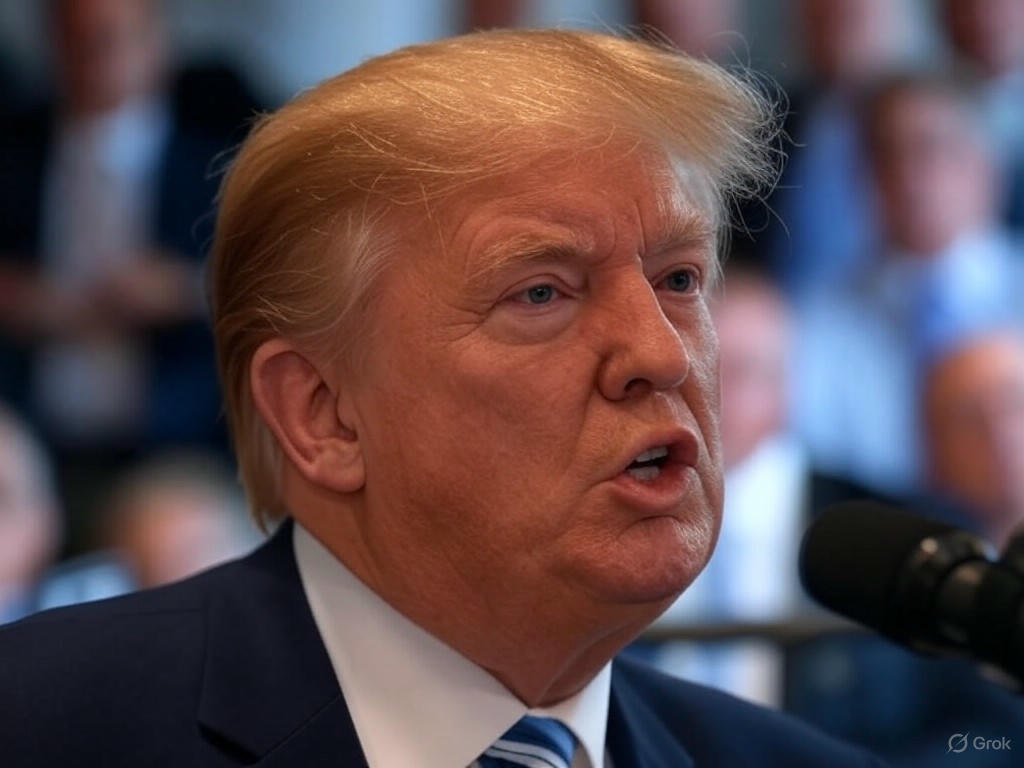Trump’s Proposed Bill Threatens EV Subsidies: Is Tesla at Risk?
In a bold move that could reshape the landscape of the electric vehicle (EV) industry, former President Donald Trump has proposed legislation to eliminate federal subsidies for electric vehicles. This potential policy shift, announced in mid-2025, has sent shockwaves through the automotive sector, with industry giants like Tesla facing an uncertain future. The bill, if passed, would strip away tax credits and financial incentives that have fueled the growth of EV adoption in the United States, raising questions about the viability of green technology in a subsidy-free market.
For years, federal subsidies have played a pivotal role in making electric vehicles more accessible to consumers. These incentives have lowered the upfront costs for buyers, allowing companies like Tesla to gain a foothold in a competitive market. Tesla, led by visionary entrepreneur Elon Musk, has often credited these government-backed programs for accelerating the transition to sustainable transportation. Without such support, the price of EVs could skyrocket, potentially alienating a significant portion of their customer base. Analysts predict that the absence of subsidies might slow down the momentum of EV sales, especially for middle-income households who rely on these discounts to justify the switch from traditional gas-powered cars.
The implications of Trump’s proposal extend beyond consumer behavior. Tesla, as a leader in the EV space, could face substantial challenges in maintaining its growth trajectory. The company has already been navigating a volatile market with increasing competition from legacy automakers like Ford and General Motors, who are ramping up their own electric offerings. Losing subsidies could further strain Tesla’s profit margins, forcing the company to either absorb the additional costs or pass them on to consumers. Some experts speculate that Tesla might need to pivot its strategy, focusing on innovation or cost-cutting measures to stay competitive. Others warn that smaller EV startups, which lack Tesla’s financial resilience, could be pushed out of the market entirely, stifling innovation in the sector.
On the flip side, proponents of the bill argue that subsidies have outlived their purpose. They claim that the EV industry has matured enough to stand on its own, and that government intervention distorts free-market dynamics. Trump himself has framed the move as a way to level the playing field, suggesting that taxpayers should not bear the burden of supporting specific industries. However, critics counter that slashing subsidies now, when the world is grappling with climate change, could undermine global efforts to reduce carbon emissions.
As this debate unfolds, the future of Tesla and the broader EV industry hangs in the balance. Will the loss of subsidies derail the green revolution, or will companies adapt and thrive in a new economic reality? Only time will tell, but one thing is clear: the road ahead for electric vehicles in the U.S. is fraught with uncertainty. Stakeholders, from policymakers to industry leaders, must navigate this complex terrain to ensure that sustainability remains a priority, with or without government support.


